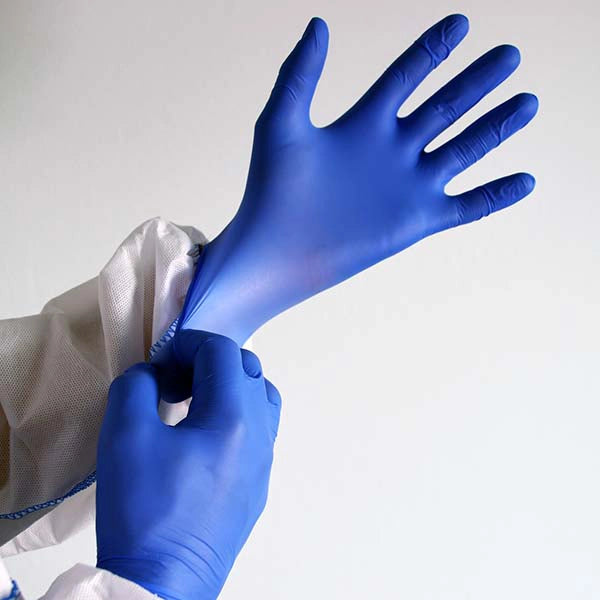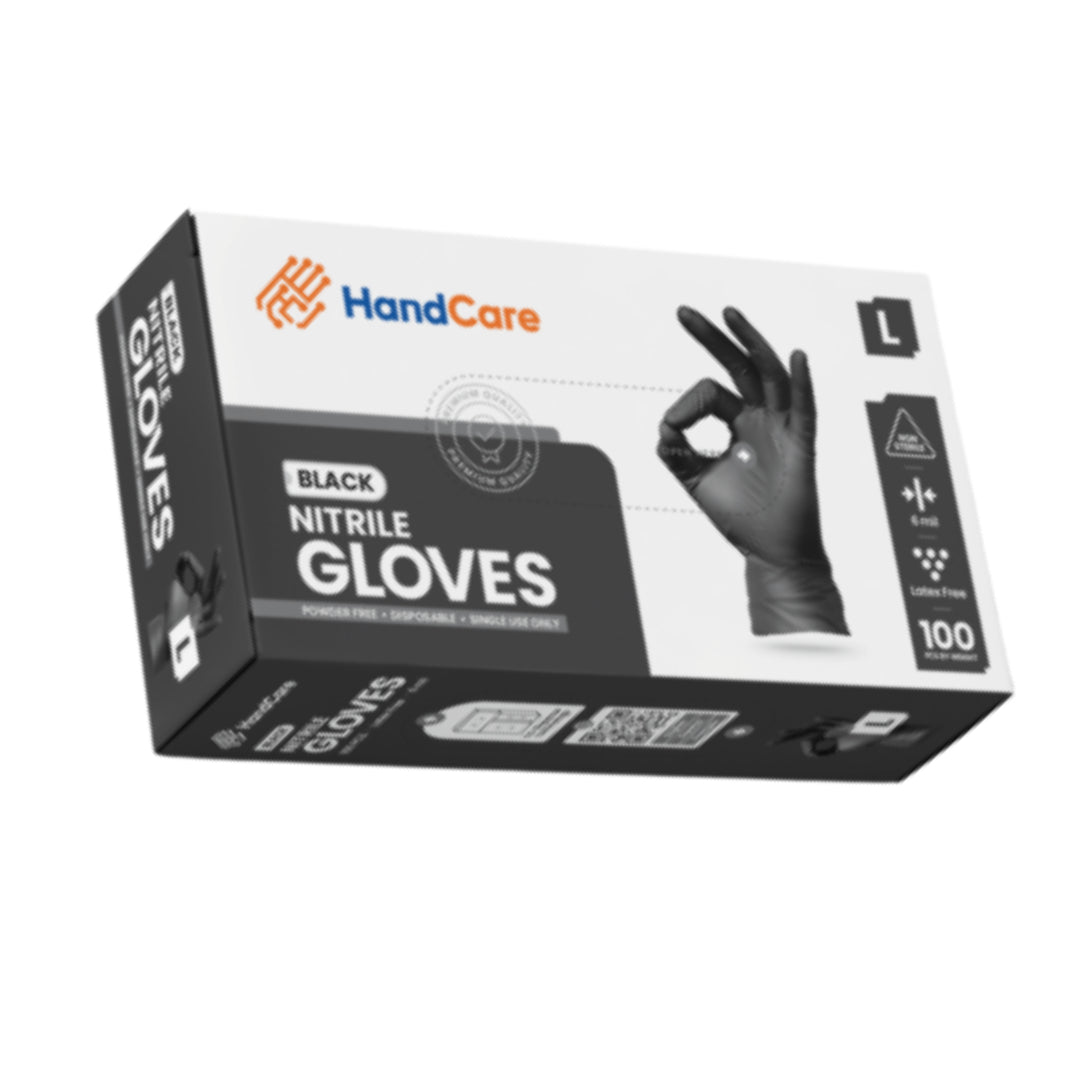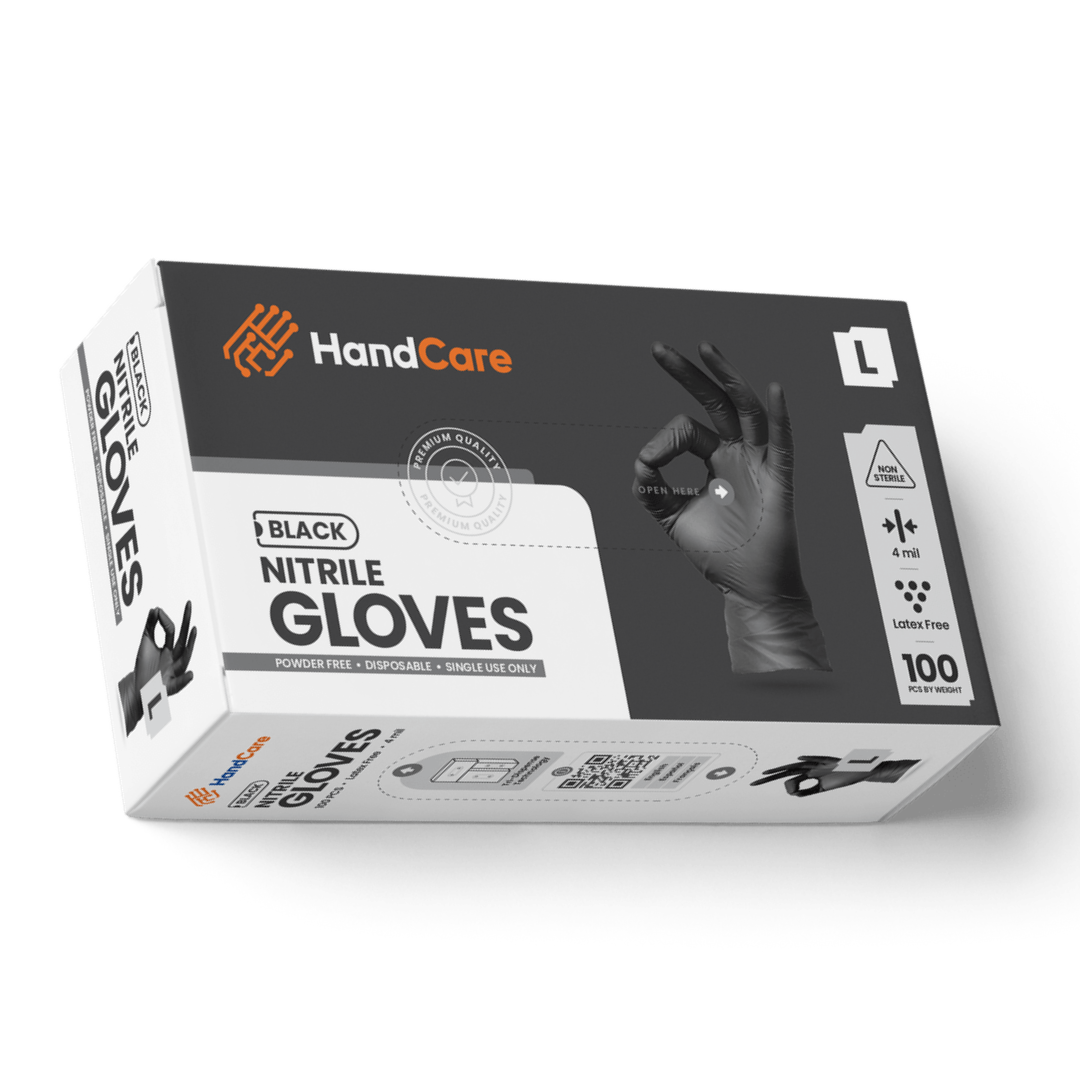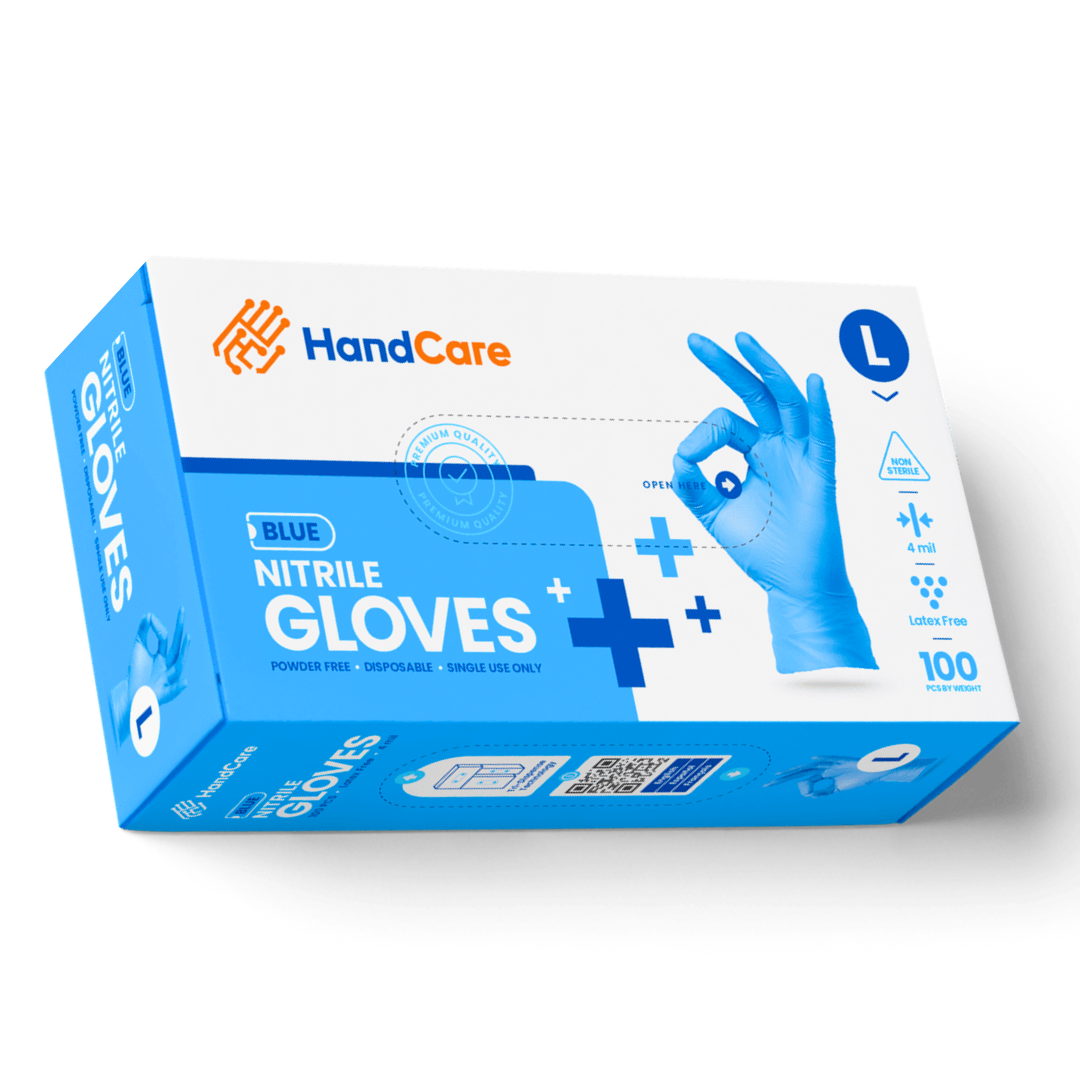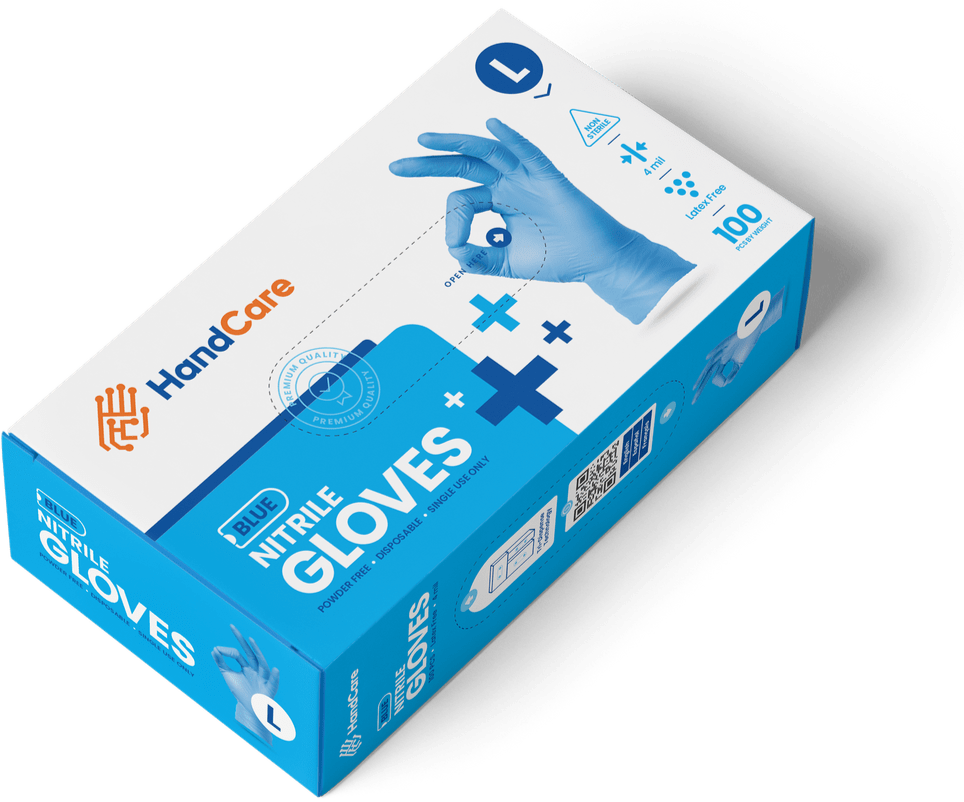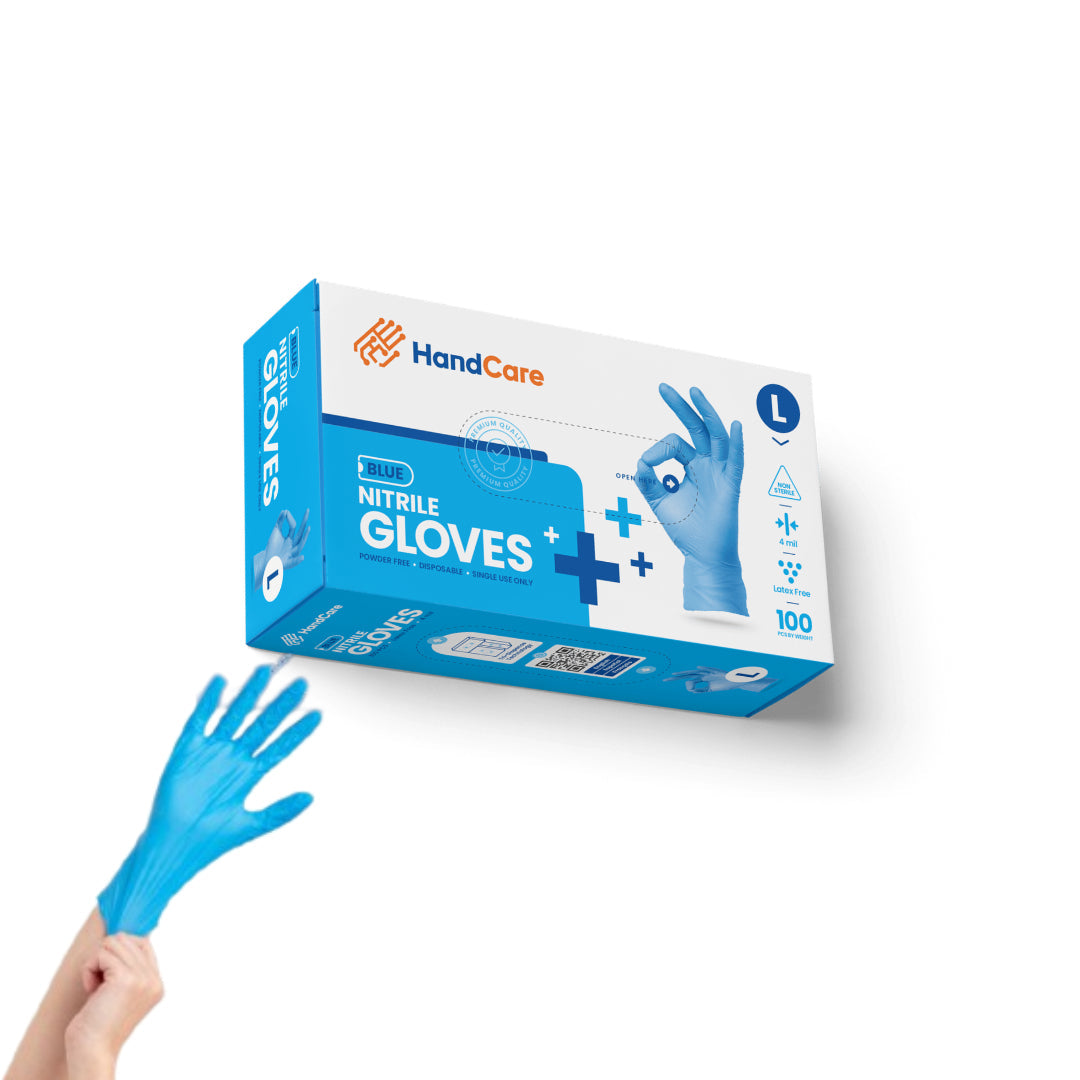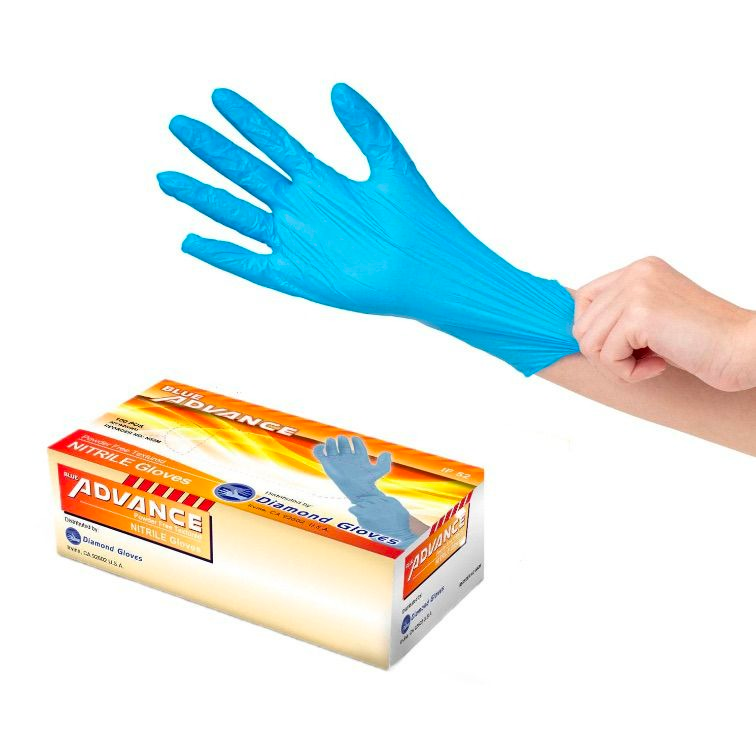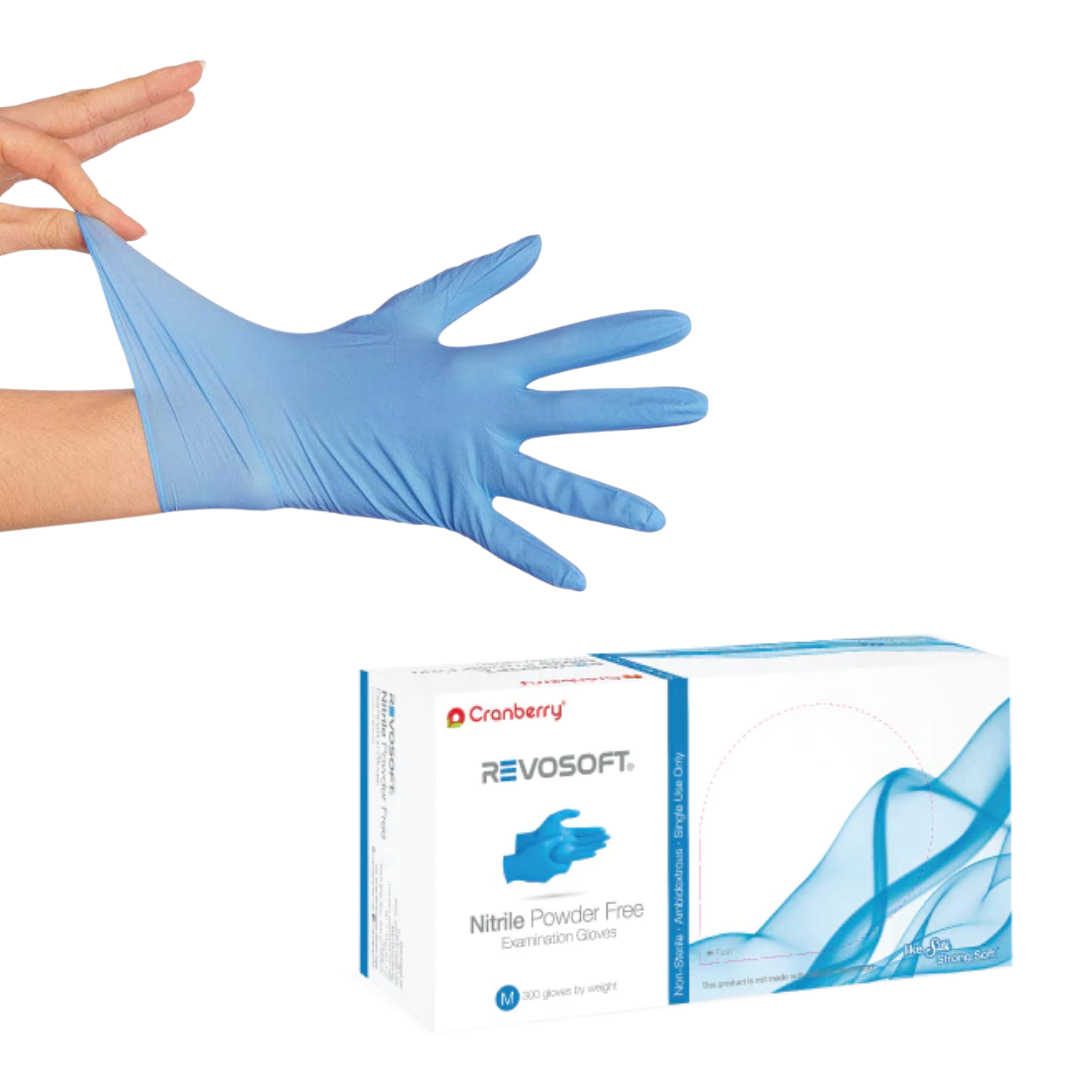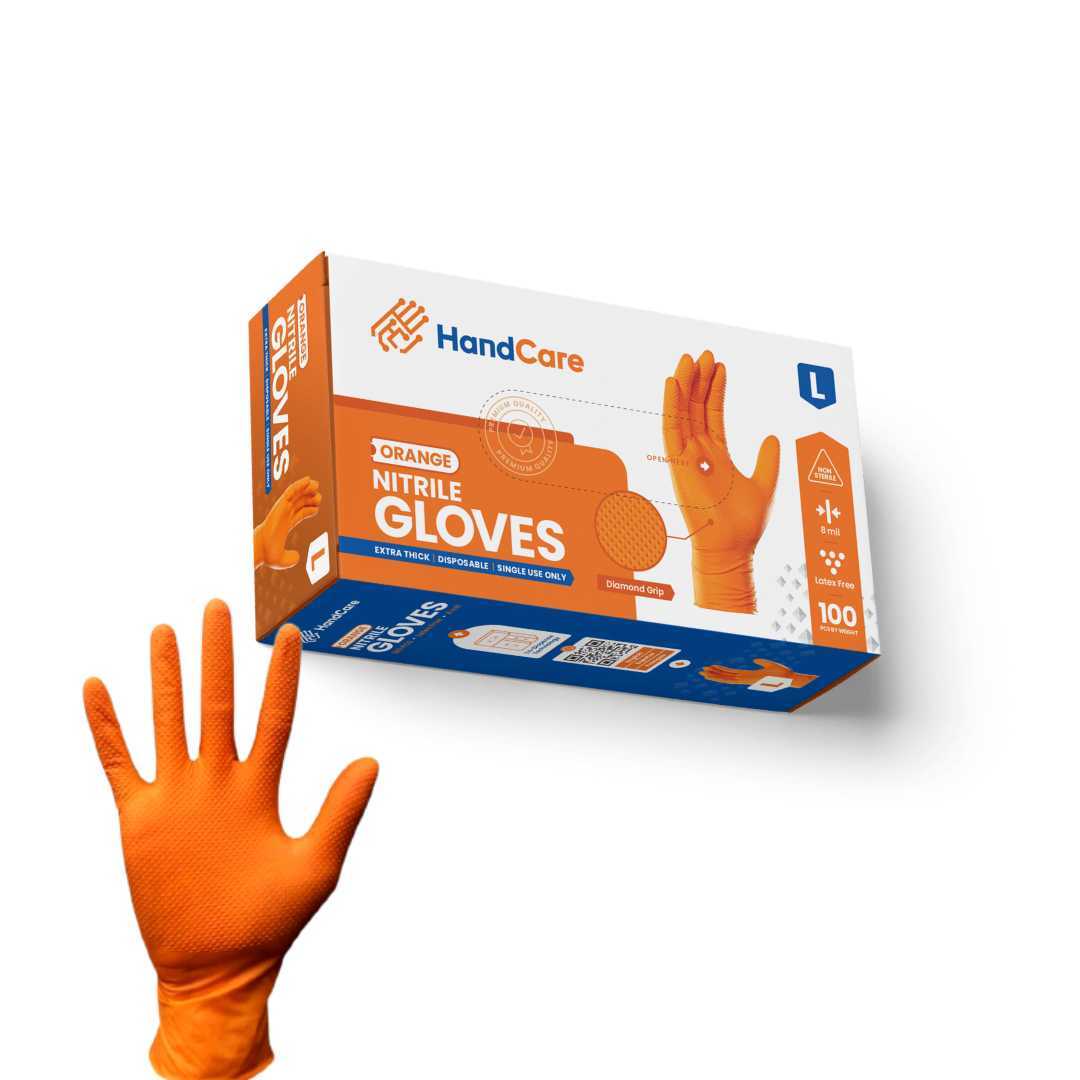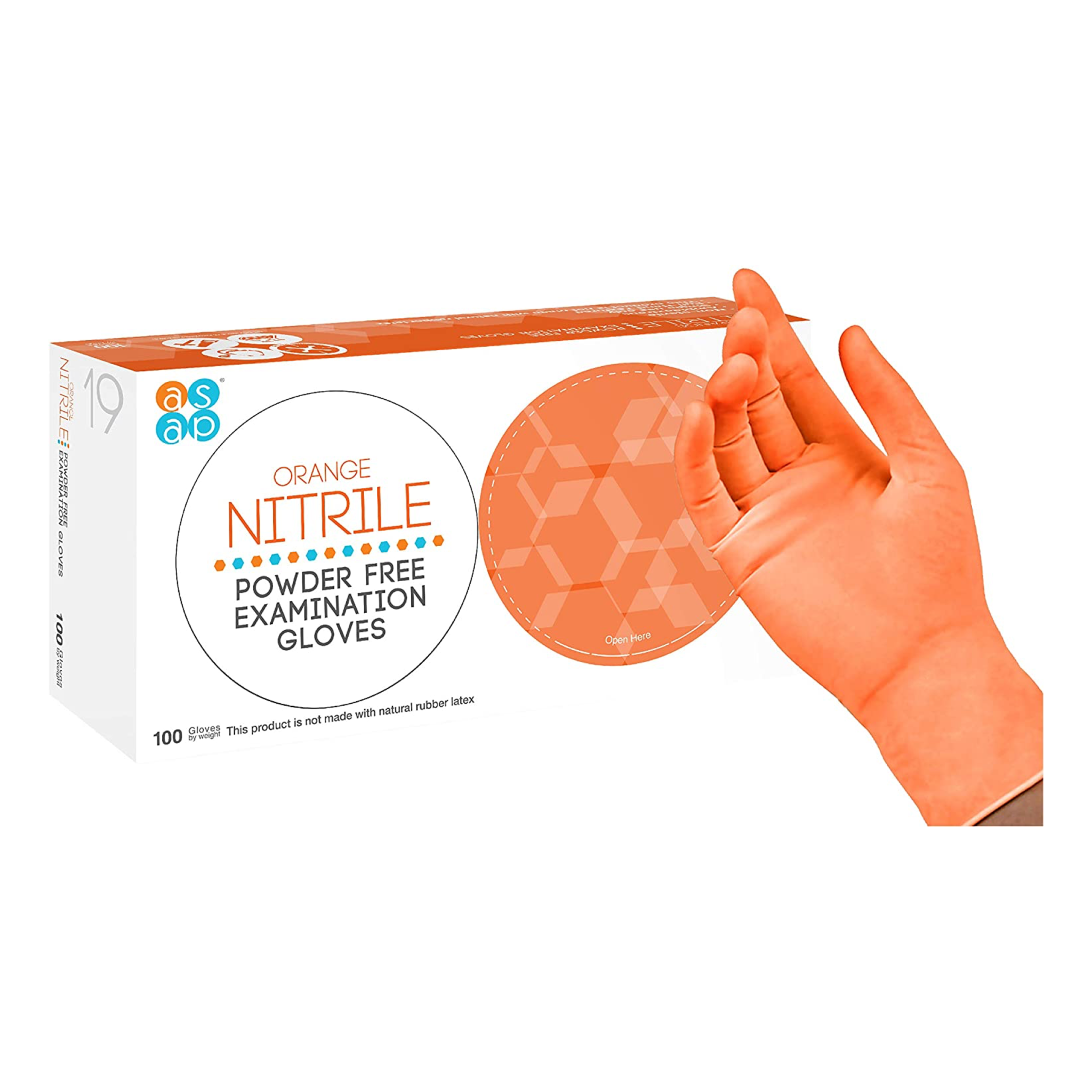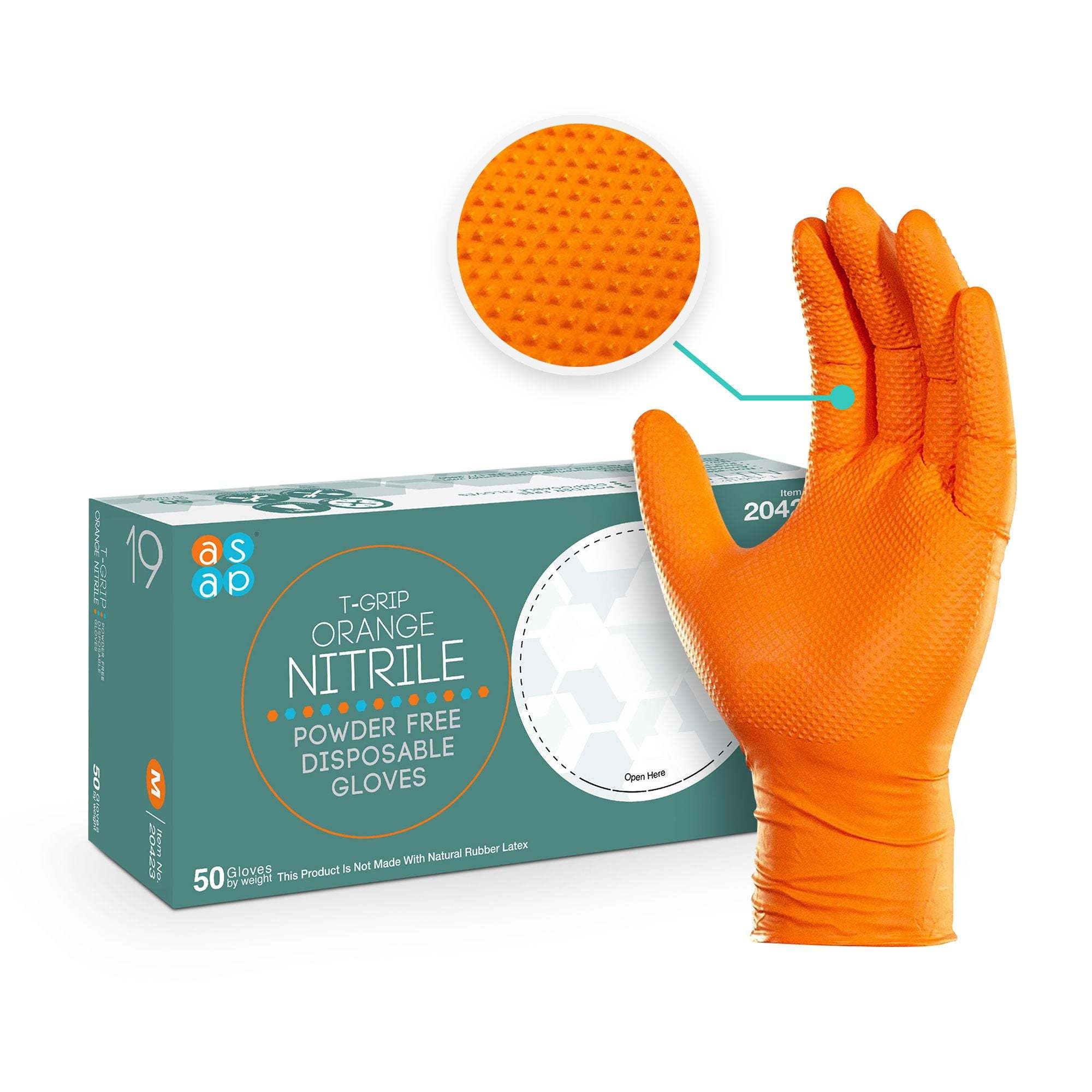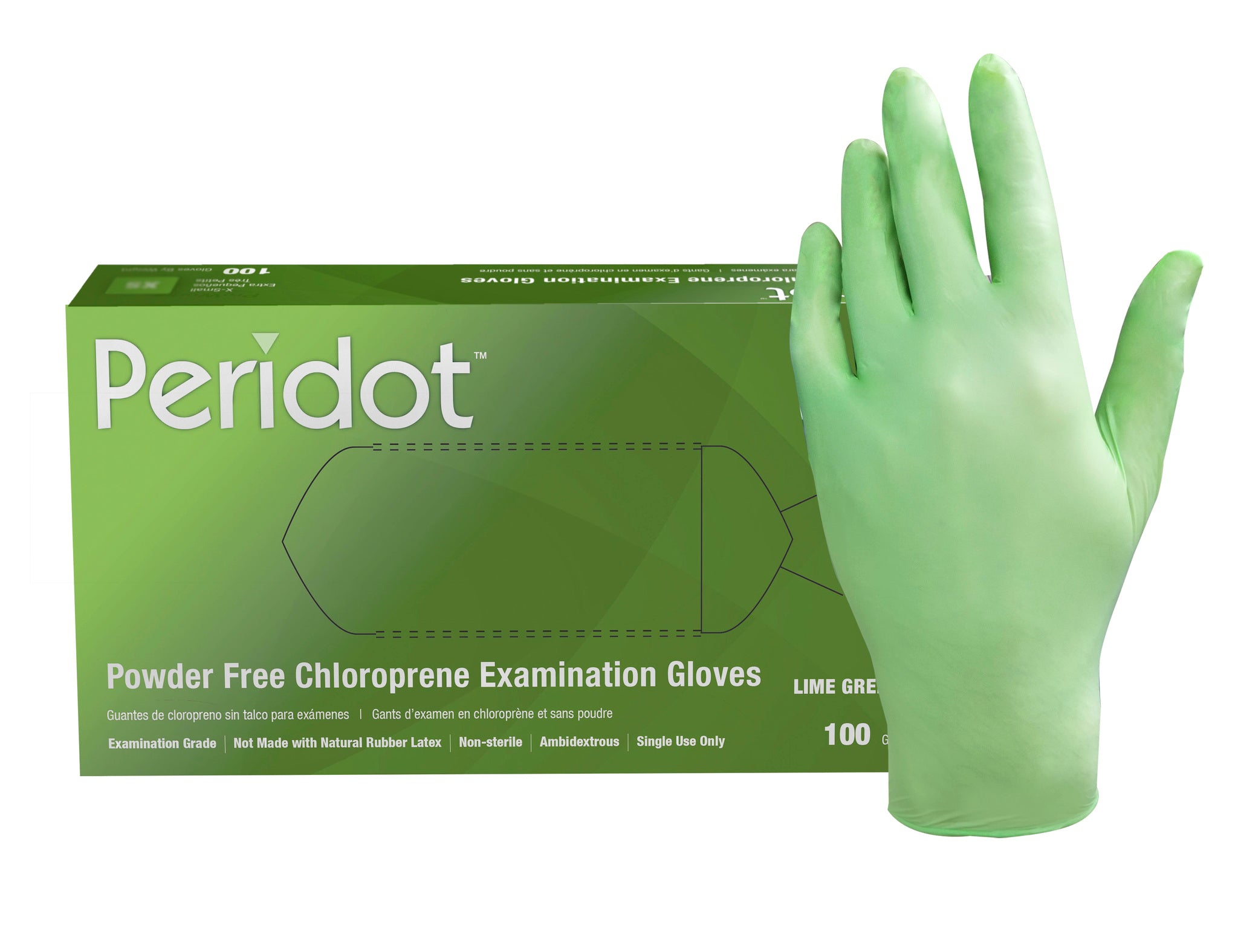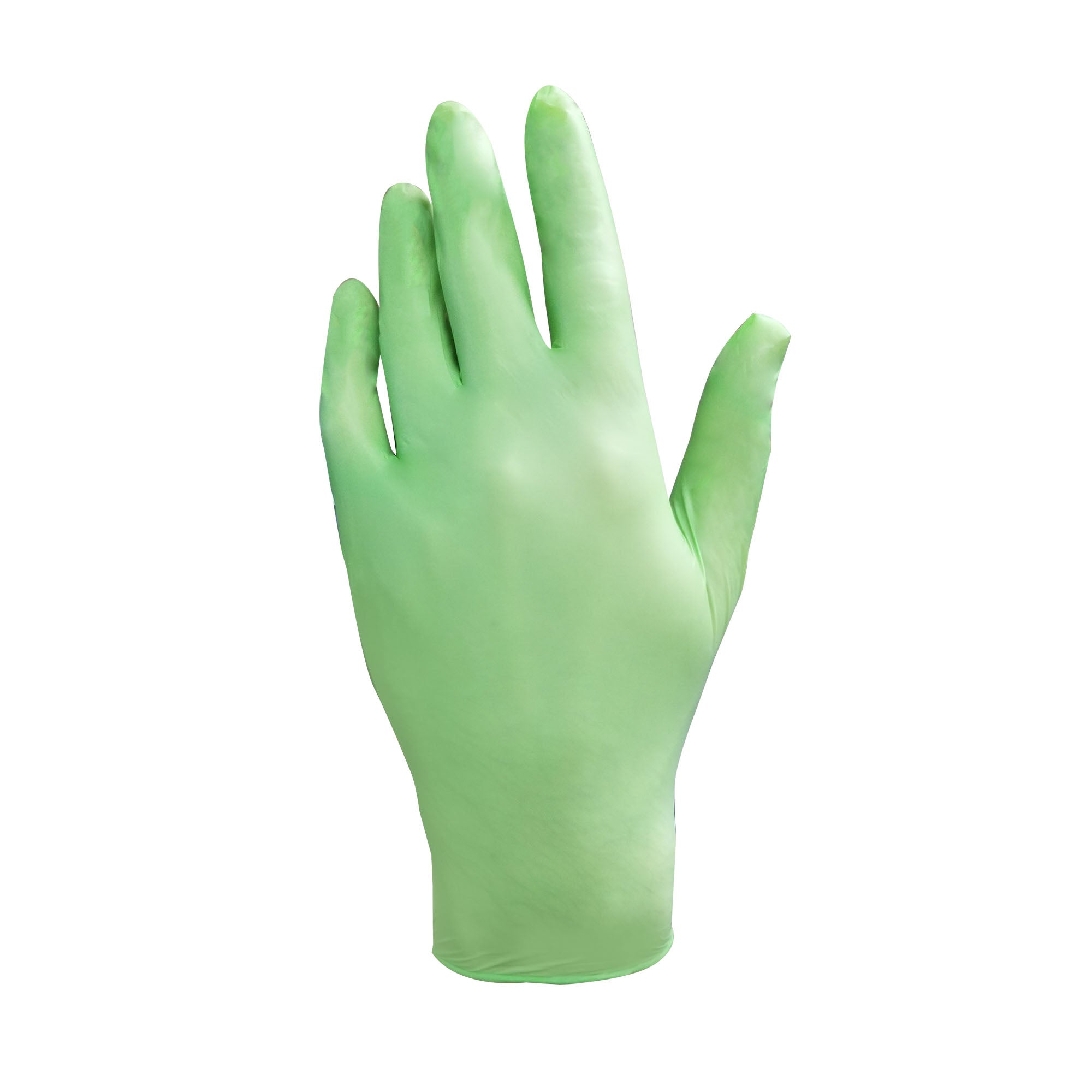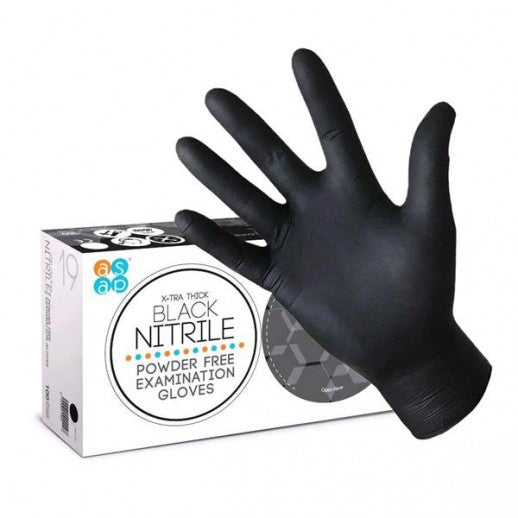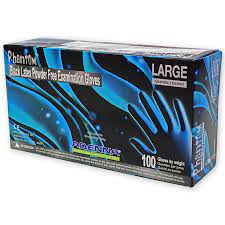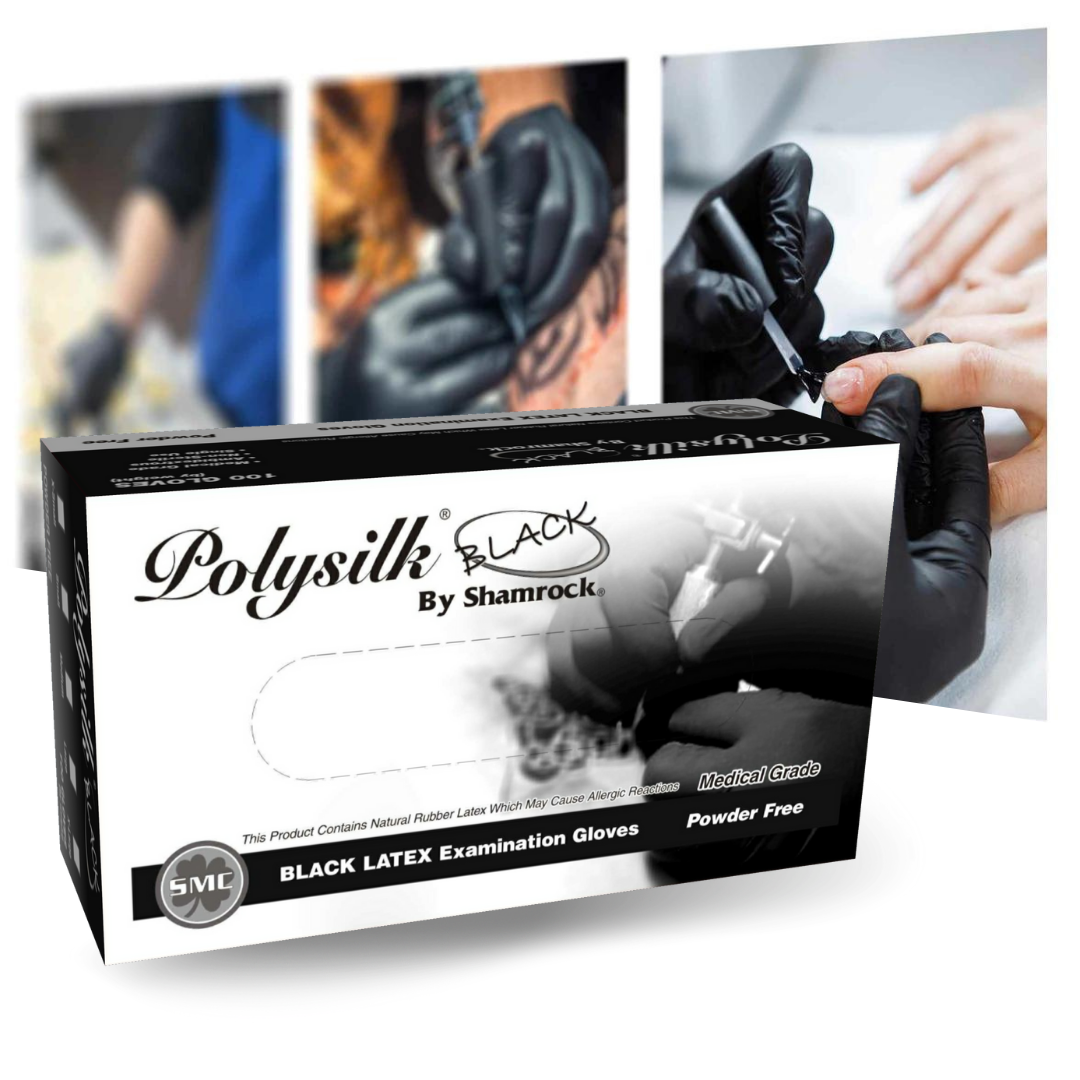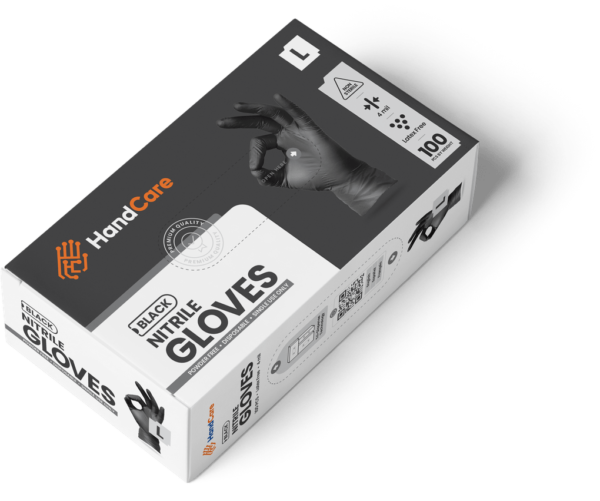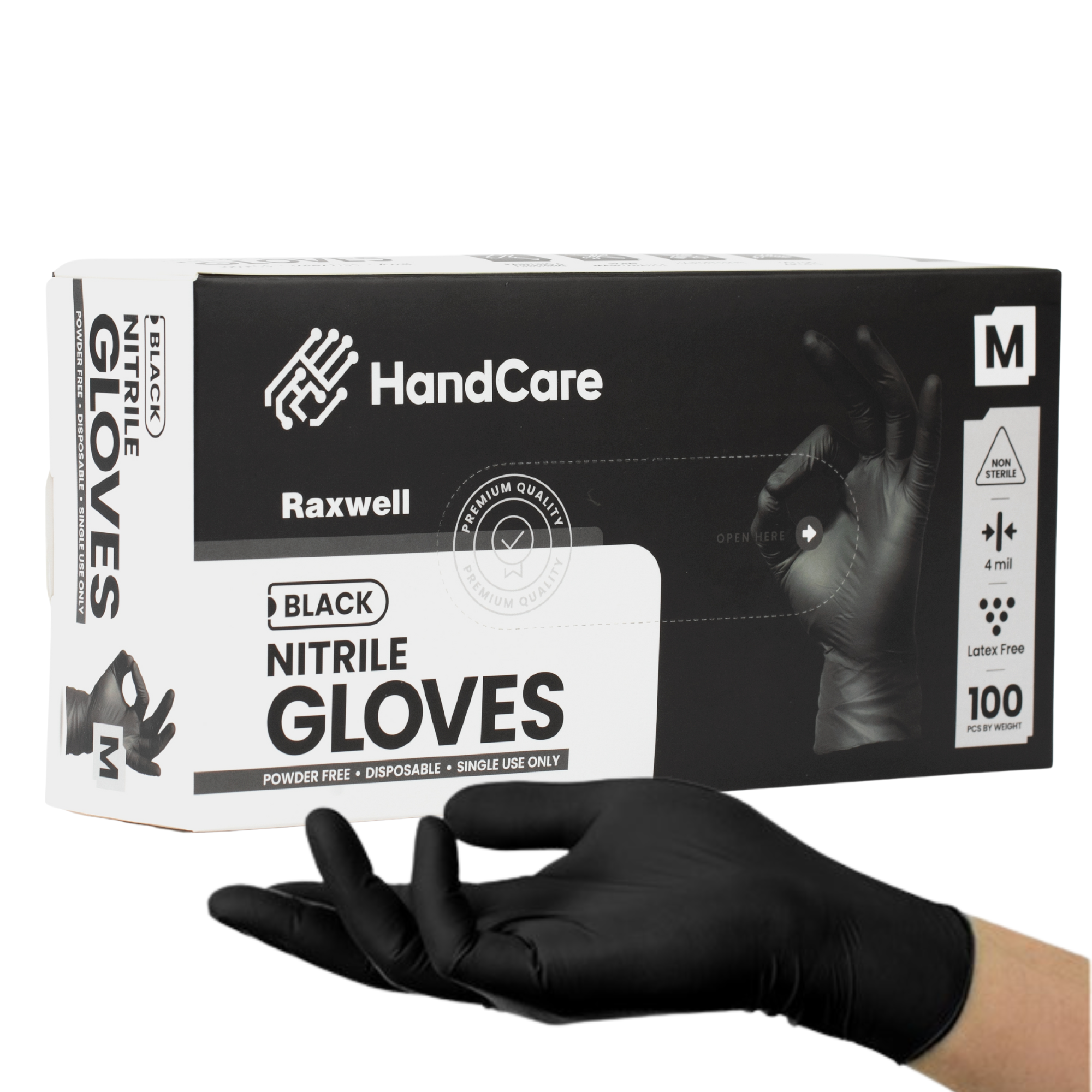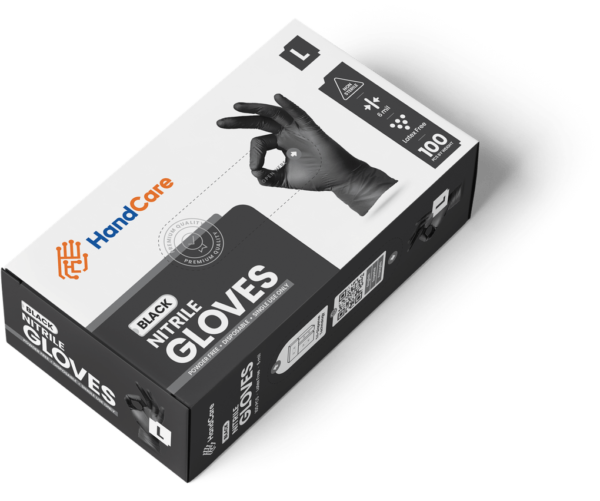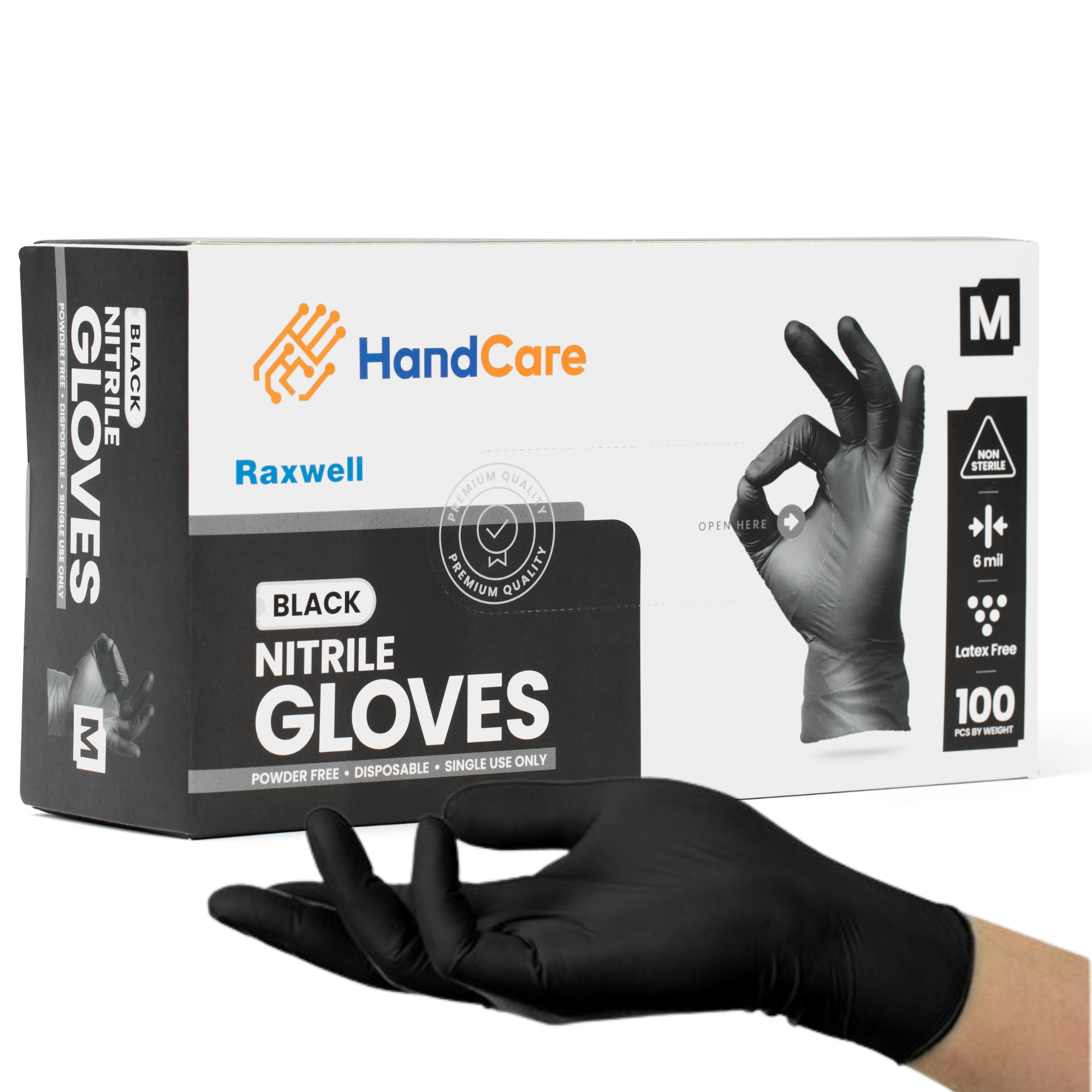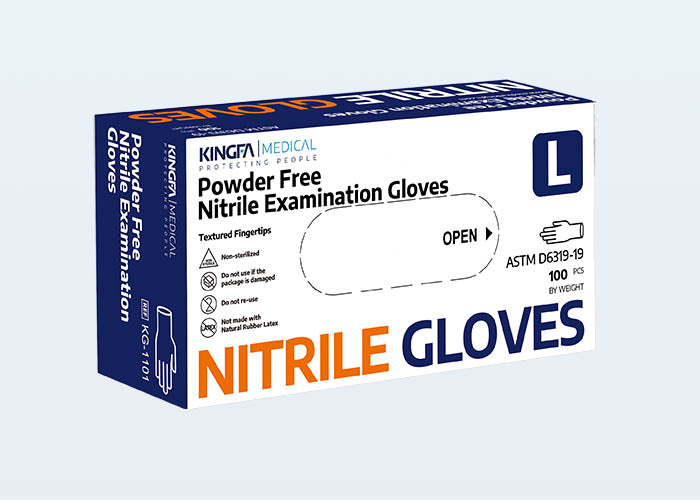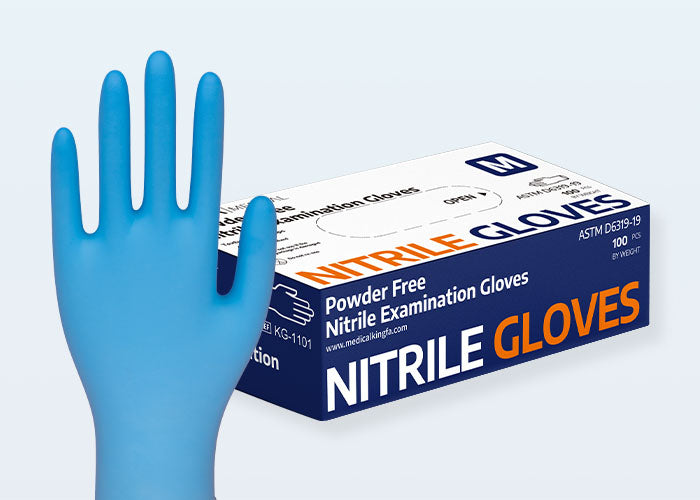Dental Gloves
Dental Gloves Best Options
After trying many different type of gloves from amazon, finally found ones with good fit and quality. Would recommend!
Good size, not too tight, not too loose. Strong material, don’t rip like others I’ve used. Recommend
These gloves are thicker and well made. They fit snug, which I like. Met my expectations and would recommend.
Your dental practice presents a unique challenge for medical gloves unlike any other. Your examination gloves have to hold up to a wet environment for extended periods without sacrificing infection control, grip, or barrier protection. Never mind tear protection--between teeth and braces, your patients give you a run for your money.
Dental offices need glove options made for their unique medical field, made of materials that can hold their own in dental exams while ensuring safety for doctors, assistants, and patients. Oh, and comfort would be a major plus.
Our disposable medical gloves are designed for the unique challenges of a dental office so that you can enter every exam wearing gloves you trust.
What are dental gloves?
Dental gloves are a type of glove that is worn by dentists and dental hygienists. They are made of latex or vinyl gloves, and they come in different sizes to fit different hands.
Dental gloves are used to protect the hands from bacteria and other contaminants. They also help to keep the dentist's hands clean, so that he or she can avoid transmitting any bacteria to the patient.
What gloves do dentists use?
There are multiple types of gloves that dentists may use, depending on the specific procedure. Sterile gloves are typically used for procedures such as examinations and cleanings, while non-sterile gloves are generally used for more invasive procedures. Some dentists also choose to use gloves made from latex, vinyl, or nitrile. 5 mil black nitrile gloves are a popular option.
Do dentists use nitrile gloves?
Yes, dentists frequently use nitrile gloves because they provide excellent durability and protection against chemicals and punctures, making them ideal for dental procedures. Nitrile gloves are also latex-free, which helps prevent allergic reactions for both dental professionals and patients who may have latex sensitivities.
Why is wearing dental gloves important?
There are a number of reasons why wearing dental gloves is important, the most obvious being that they protect your hands from contact with blood, saliva, and other oral secretions. In addition, dental gloves help to keep your hands clean and free of bacteria, which can help reduce the risk of infection.
Another benefit of wearing dental gloves is that they can help you maintain a steady grip on instruments or tools. This is particularly important when performing procedures such as root canals or tooth extractions. And finally, wearing dental gloves helps to ensure that you will not contaminate the patient's mouth with germs from your hands.
What type of gloves are used in oral surgery?
Sutures are usually either a simple interrupted suture or a running suture. The choice of which to use depends on the surgeon's preference and the location of the wound. For most closures, a simple interrupted suture is adequate. This type of suture is easy to learn, and it is also the least likely to cause problems. A running suture, which involves tying knots in the thread, should be used for more complicated wounds.
Types of Dental Gloves
Synthetic Gloves
Cleaning and working with oils, solvents, and other chemicals both call for the use of these gloves.
Vinyl Gloves
There is no latex in these dental gloves. Because of their snug fit on the hands, these instruments are ideal for less-invasive, shorter-term treatments. They excel in situations where the substance to be removed is not dangerous. Their low-powered design makes them comfortable for dentists to use.
Nitrile Gloves
In place of latex gloves, which some people are allergic to, you can use these synthetic rubber alternatives instead. They are sensitive yet not easily pricked. They are comfortable to wear for long periods of time and perform well in high-risk situations like handling hazardous substances. However, ozone and ultraviolet (UV) radiation can easily penetrate these gloves.
Latex Gloves
They're reasonably priced and offer the most customized fit. Similar to nitrile, they have excellent sensitivity and can be broken down naturally. However, these gloves do have a drawback: they might cause skin sensitivities. Itchiness, rashes, and hives may appear on the skin of those who are allergic to latex.
Patient Examination Gloves
Gloves like these are typically worn during non-surgical procedures in which the user's mucous membranes will come into contact with a test sample. Because of this, no contamination will spread. They can be used to aid in laboratory analysis as well.
What are dentist gloves called?
Dentist gloves are commonly referred to as “examination gloves” or “medical gloves.” These gloves are specifically designed for use in medical and dental environments to ensure hygiene and protection during procedures. They are typically made from nitrile, latex, or vinyl, offering a barrier to prevent contamination.
What are examination gloves used for?
Examination gloves are used to prevent cross-contamination between healthcare providers and patients during medical or dental procedures. They help maintain a sterile environment, protect against exposure to bodily fluids, and reduce the risk of infections being transmitted in clinical settings.
Do dentists use non sterile gloves?
Yes, dentists often use non-sterile gloves during routine procedures. Non-sterile gloves are sufficient for most dental exams because they provide adequate protection from contaminants without the need for sterilization, which is only required in more invasive surgeries where a completely sterile environment is necessary.
Why are gloves worn in dentistry?
Gloves are worn in dentistry to protect both the dentist and the patient from potential contamination. They create a barrier that prevents the spread of bacteria, viruses, and other pathogens that can be transmitted through contact with bodily fluids or mucous membranes. Wearing gloves ensures a higher level of safety during any dental procedure.
Where to buy dental gloves?
The best place to buy dental gloves is at gloves.com, which offers a wide range of high-quality gloves tailored to medical and dental needs. Their selection includes gloves in various sizes and materials, ensuring that dental professionals can find the perfect fit for their practice.
Why do dental professionals wear gloves?
It is standard practice for dental professionals to wear gloves to protect themselves and their patients from the spread of infection. By wearing gloves, dental professionals decrease the chances of transferring bacteria from one patient to another.
Additionally, gloves protect dental professionals from coming in contact with blood or other body fluids, which could potentially contain harmful pathogens. Gloves also keep hands clean and free of debris, which can contaminate instruments or cause skin irritation.
What are the three types of gloves used in dentistry?
The three main types of gloves used in dentistry are nitrile, latex, and vinyl gloves. Nitrile gloves are known for their strength and resistance to chemicals, latex gloves offer flexibility and comfort but may cause allergies, and vinyl gloves are a cost-effective option for short-term tasks, although they offer less protection compared to nitrile and latex. Each type has specific benefits depending on the task and individual needs in a dental practice.
Things to Consider Before Getting Dental Gloves
There are a few things to consider before purchasing dental gloves. First and foremost, it is important to find gloves that fit well. Ill-fitting gloves can be extremely uncomfortable and may interfere with your ability to properly clean teeth. In addition, make sure that the gloves you choose are durable and can withstand frequent use.
Another important consideration is the material from which the gloves are made. Latex gloves offer the best protection against infectious agents, but some people are allergic to latex. If you are allergic to latex, consider purchasing vinyl or non-latex gloves instead. Finally, be sure to check the expiration date on any dental gloves you purchase, and discard them when they reach their expiration date.
The Trusted Dental Gloves by Professionals
High-Quality Dental Gloves for Protection and Comfort
Dental exam gloves are unlike any other exam glove. They have to be thinner gloves to maximize tactile sensitivity, like a surgical glove. However, unlike surgical gloves, they also need puncture protection and durability you don’t find in latex.
Our nitrile gloves offer a natural latex glove's comfortable, accurate fit with the durability of a synthetic rubber glove. They’re made of rubber material for maximum puncture resistance but designed to fit like a latex exam glove, with a fitted, stretchy hand and a loose cuff at the wrist. That way, they’re easy to put on, comfortable to wear, and easy to take off.
Looking for latex-free gloves? What about powder-free gloves? Or even chlorine-free gloves? You never need to worry about allergic reactions from powdered gloves or a latex allergy. Our gloves are allergen-friendly so that you never need to worry about allergies in advance of your dental procedures.
Better Grip, Tactile Sensitivity, and Puncture Resistance
Whether you’re shopping for dental nurse gloves, textured gloves, or all-around utility gloves for your whole office, your disposable gloves need an excellent wet and dry grip, tactile sensitivity, and puncture resistance.
With nitrile, you get maximum durability, chemical resistance, and non-slip grip you can trust. Plus, you get a comfortable fit similar to latex gloves without the worry of an allergic reaction from latex. Nitrile is one of those other materials that’s gaining popularity in the medical field, and for dentists, a well-made nitrile glove is especially attractive.
The Gloves Dental Professionals and Industry Leaders Trust
Don’t take our word for it. Just look at the thousands of essential workers and medical professionals who trust our gloves every single day.
We’re talking about thousands of happy customers across the country, from individuals to corporations to major government agencies. Many of them are industry leaders like Johns Hopkins Hospital and Northwestern Hospital.
Leaders trust us because we’re committed to great material, great fit, and great quality. That’s why we’ve been featured in Forbes, Dentistry, Bupa, and Healthcare Design.
For us, it’s just part of offering disposable gloves the medical field can count on.
Keep up-to-date with our guides and find the best glove options for your industry
Guides to help you choose

Best Gloves For Pesticides
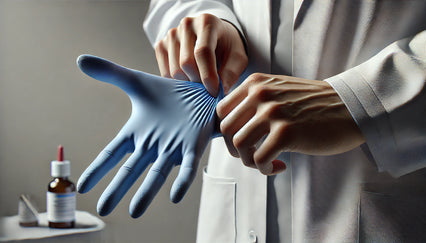
Is There A Natural Latex


